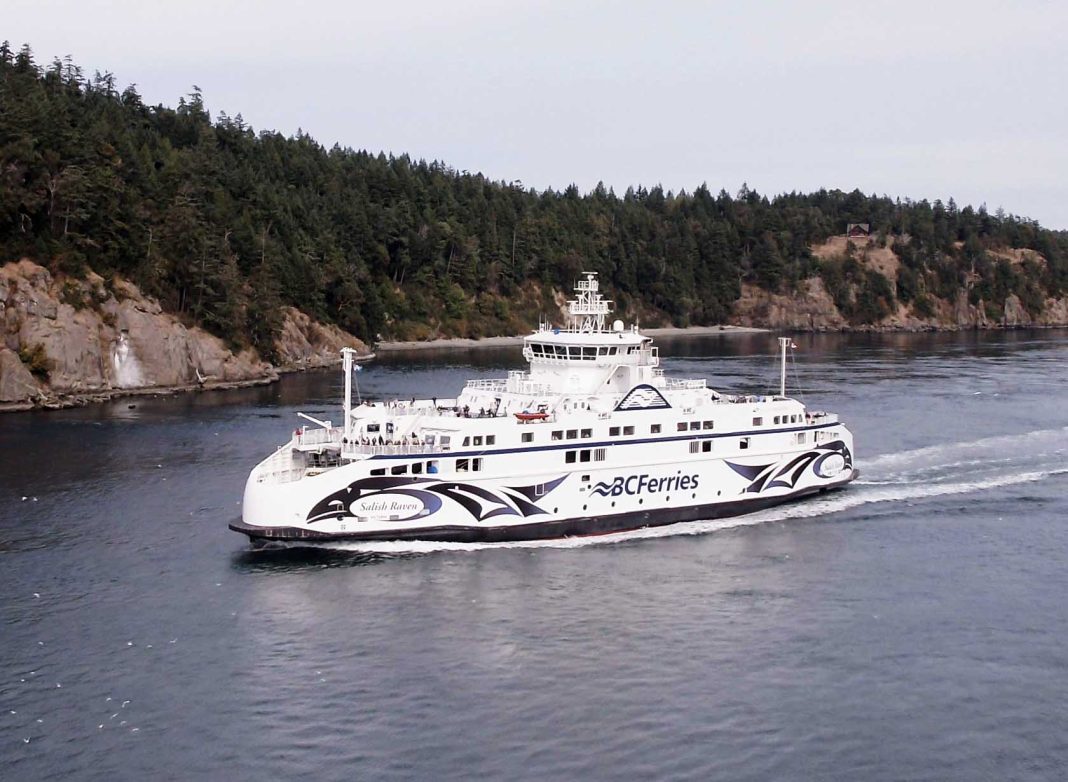The technology group Wärtsilä has again been selected to provide an integrated system consisting of the LNG plant, dual-fuel engines, and electrical propulsion system for the latest addition to Vancouver, Canada based BC Ferries’ series of Salish Class vessels.
Three similar ferries, all operating on Wärtsilä engines fuelled by LNG, have already been delivered. As with the previous three ferries, Remontowa Shipbuilding (RSB), located in Gdansk, Poland, will also build this latest ship. The order with Wärtsilä was placed in January 2020.
“The very best endorsement of customer satisfaction is repeat orders, and this latest contract further strengthens the partnership between our three companies.
“The decision by BC Ferries to again select RSB as the yard, and to opt for Wärtsilä’s proven and well-established LNG propulsion technology, provides clear confirmation of the efficiency of Wärtsilä’s integrated solution concept.
“It also shows that the performance of the vessel provided by the Wärtsilä solution, and based on the design by Remontowa Marine Design and Consulting (RMDC), delivers great operational benefits to the owner,” says Wilco van der Linden, Director of Business Development, Ferry Industry at Wärtsilä.
“We are proud to extend our fleet of environmentally sustainable and highly efficient Salish Class ferries. The Wärtsilä LNG solutions enable us to reliably serve our customers while helping to protect the pristine waters of British Columbia,” says Mark Collins, President & CEO of British Columbia Ferry Services Inc.
The Wärtsilä scope of supply includes three Wärtsilä 20DF dual-fuel engines, operating on LNG fuel, a Wärtsilä LNGPac fuel storage, supply and control system, and the Wärtsilä Low Loss Concept (LLC). The LLC is a power distribution system that delivers higher efficiency, less weight and volume, and high system redundancy. The equipment is scheduled for delivery to the yard in Q3 this year.
The 107m Salish Class ferries are designed to carry 600 passengers and crew, and up to 138 vehicles. They serve routes between the city of Vancouver and ports on Vancouver Island.
In addition to the equipment for these vessels, Wärtsilä also upgraded two of BC Ferries’ larger Spirit Class vessels to LNG fuelled operation. This work was carried out in 2018.
Image caption: The environmentally sustainable BC Ferries’ Salish Class vessels feature Wärtsilä’s integrated propulsion system with LNG fuelled Wärtsilä engines.Copyright: BC Ferries.


